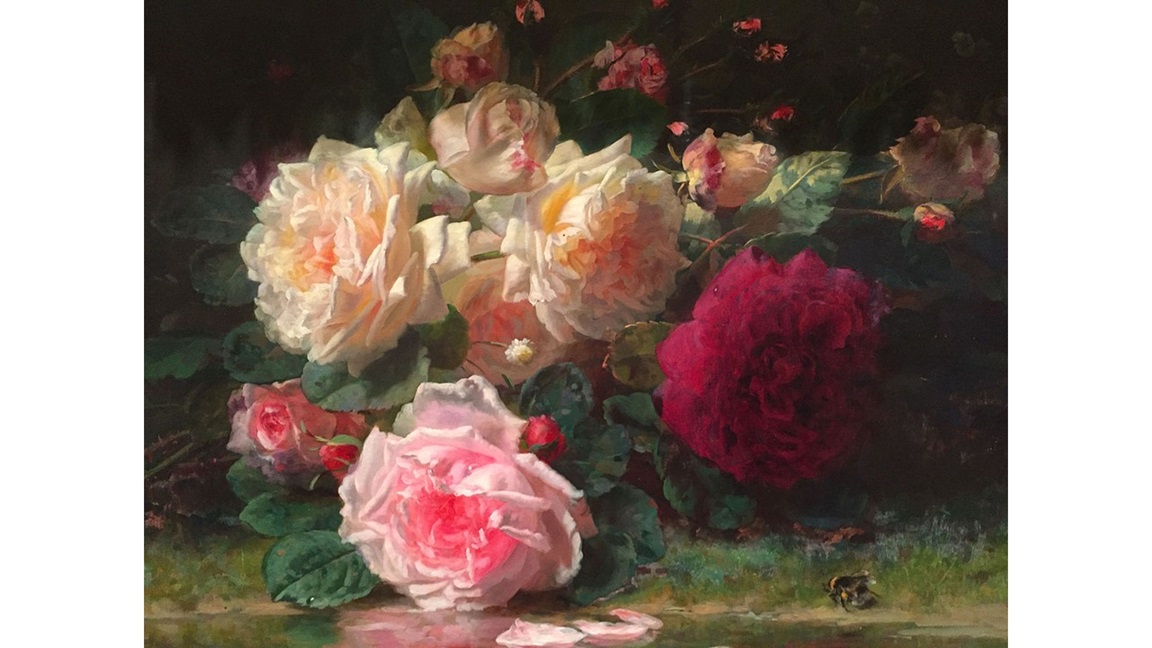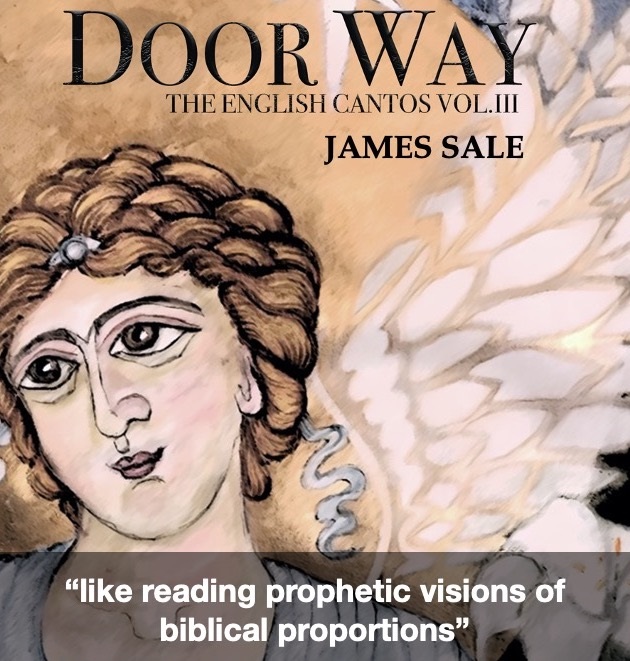.
Paracelsus
Creating man demands not much:
Combine the four base elements
In right amounts; the lodestone’s touch
At once should jolt him into sense.
First Earth, in greatest quantity:
For what is flesh but sculpted clay
That feigns a crude nobility,
Then quickly shrinks and wastes away?
And most akin to human flesh
Is black earth, nourished on the blood
Of men, which eager hands spilled fresh
In torrents, mixing thick, hot mud.
Next Water, measured slightly less:
For next he is a reservoir,
Excreting an offensive mess
From every hole at every hour.
What enters him a cool, clear stream
Flows out as sludge, as putrid paste;
Inside him, countless poisons teem,
Corrupting waters into waste.
Add next a generous gust of Air:
He is, as well, a bag of gas
Inflated without room to spare
With more winds than Aeolus has.
Apart from ever-emptying lungs,
Air often fills his head; it flies
In furious gusts from flapping tongues
Or stagnates where a thought should rise.
And last, add Fire, but one mere spark:
The sun, the stars, the lightning hurled
From Heaven all are fire, God’s mark,
Which man alone bears in this world.
Without Fire, he is but a beast,
But too much Fire will drive him mad.
Place within him, therefore, the least,
The smallest spark that can be had.
Then sculpt him as you choose; like God
Be kind or cruel, form fair or foul.
Then touch the lodestone to the wad
And watch the creature squirm and howl.
Take care, all you who would create!
When breath is granted, so is choice,
And choose he shall—to curse and hate
The hand that gave him life and voice.
Beware this simple recipe!
Ambitious minds that dare to toy
With life shall rue it when they see
How their creation can destroy.
.
.
Adam Sedia (b. 1984) lives in his native Northwest Indiana and practices law as a civil and appellate litigator. In addition to the Society’s publications, his poems and prose works have appeared in The Chained Muse Review, Indiana Voice Journal, and other literary journals. He is also a composer, and his musical works may be heard on his YouTube channel.

















An extremely impressive poem on a traditional theme. Many thanks!
‘he is a reservoir, / Excreting an offensive mess / From every hole at every hour.’
An image that’s impossible to unsee – but what an image!
Thanks for an entertaining and thought-provoking read, Adam.
I really loved this poem Adam. It surprised me at the same time as it made me laugh out loud. The word ‘transhumanism’ came to mind which is horrifying to me, but if it’s possible then they will do it, perhaps disguised in a vaccine, or is that too far out there!? Thank you for this most enjoyable read.
These are really excellent quatrains on a strange figure — the hermetic physician beloved of the Rosicrucians. Sedia uses the Paracelsian ideas of macrocosm/microcosm linkage to paint a satirical portrait of human beings — not a very flattering one, but a very interesting one. Some hermetic writings declare that you can create a homunculus (“a little man”) in a bottle with the right recipe. Sedia has done it here — in verse!
Thank you again for the compliments. I will only add that one of the inspirations for this poem — at least as far as the descriptive elements go — is Pope Innocent III’s “De miseria conditionis humanae,” which gives about as thorough of a check on human pride as possible.
I particularly focused on the last two verse starting with “Take care all you who would create!” I sense there is a great moral to your writing that transcends the well-phrased crafted story of human being creation and the base elements appertaining thereto, submitted as a warning to potential scientists seeking to create life from test tubes, or those constructing artificial intelligence in the image of mankind.
What a perfect poetic lesson in the pitfalls of playing God. The images you conjure with figurative speech, mythological figures, the four elements, and other literary features are striking and thoroughly entertaining. I love the Frankensteinian frisson of fear lurking beneath the satirical sneer. Wonderful!
Adam, what a bone-chilling, entertaining piece this is. Thank you for educating me on Paracelsus, of whom I knew nothing. There are so many disturbing images here that will be depriving me of sleep for many nights to come.. A great poem.
Swiftian. Reminds me of many of Gulliver’s observations.
Yes, I agree with Geoffrey. The Lilliputians are at it again.
One thing I really love about this is that it’s both profound and quite funny at the same time! My favorite verses are the ones about Air, especially the line “With more winds than Aeolus has.” Reservoir/hour is also an ingenious rhyme.
I am most impressed by the sadistic tone of this speaker. What little I know of Paracelsus does not give him that kind of reputation, but there must be varied characterizations since his time. Is this your original contribution, Adam? Earth, the major element needed in this recipe, is not just any soil, but black earth with human blood mixed in. I see the process here described as related in some very nasty way to procreation, the manner in which human beings naturally reproduce (sometimes with results displeasing to the procreators). As for the lodestone, there is a Sage Goddess Headquarters not far from me in wacky California, where one can buy such an item for “attracting and manifesting desires.” And I hear there are related video games. This well-crafted poem seems to reflect current interests and attitudes!
Thank you! The poem is my original contribution, but it does not refer to the historic Paracelsus. It was a title I added because it referenced creating a man (the “homunculus”), and I thought it served as a nice allusion. (“Frankenstein,” would probably have worked, too, but that allusion has accumulated too thick a patina of connotations.) The “lodestone” is a reference to Paracelsus’s alchemical dabblings, though it does not surprise me that some are taking that far too seriously out in sunny California.
A general comment for everyone. I first wrote this poem about 13 years ago, when I was finishing college, with only a couple minor touch-ups since I unearthed it a year or so ago. I regret having let it languish in my hard drive for so long, judging by the favorable reactions. After reading them, I’ve promised myself that I’d write more “witty” poetry in this vein.